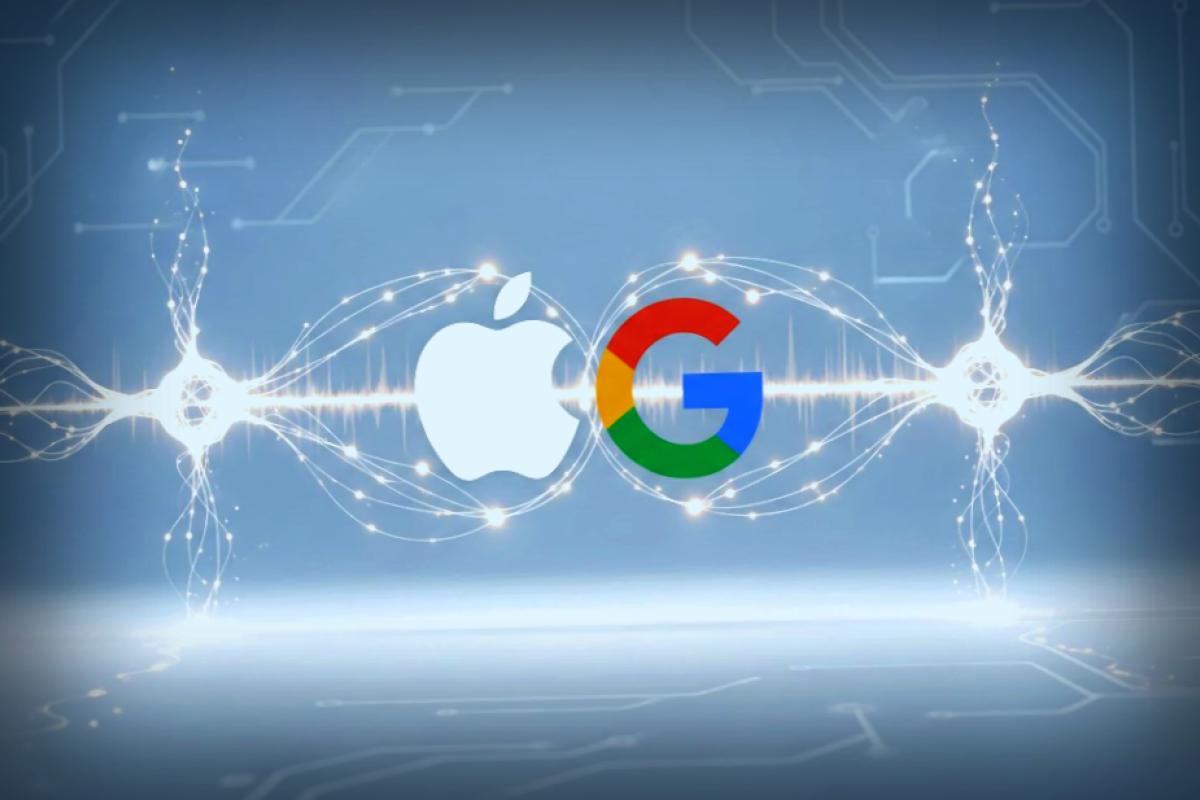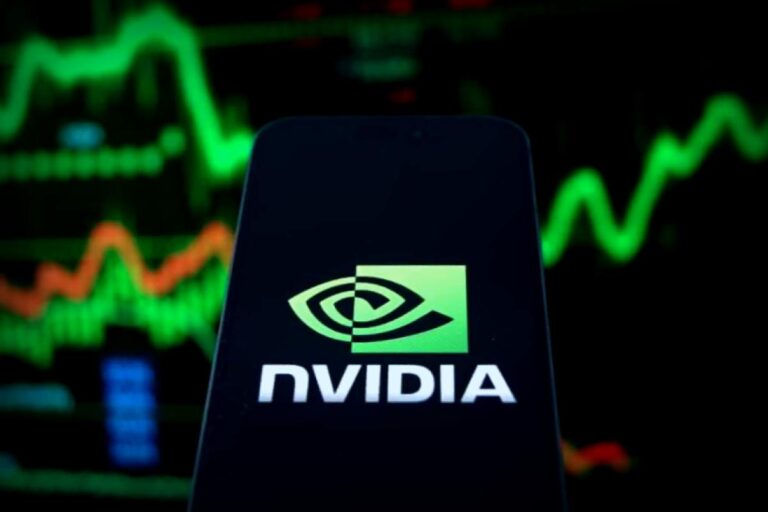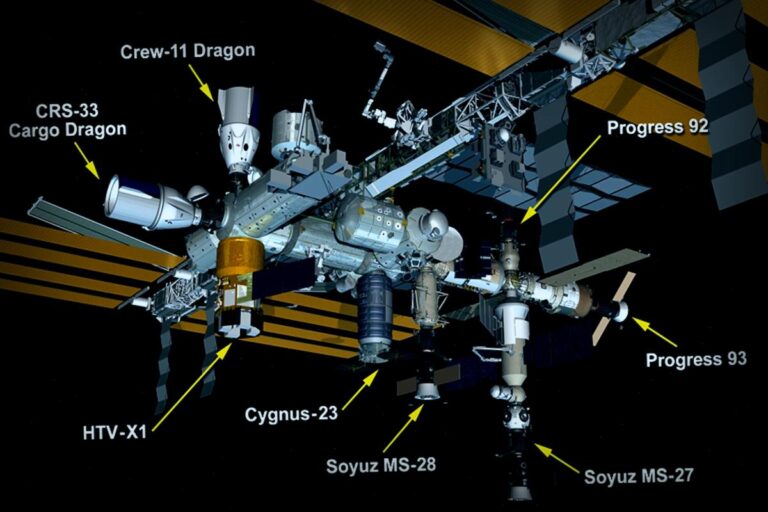Apple has always been known for its fierce independence, yet the company’s decision to integrate Google’s advanced Gemini technology to revamp Siri is a telling sign of where its AI ambitions stand. For years, Siri has been the subject of mockery in the voice assistant arena. Now, in a bid to keep pace with competitors, Apple seems willing to put its pride aside and lean on its chief rival’s technology, investing around $1 billion each year on this mission.
Internally, the Google-crafted model powering the refreshed Siri has been given the coded name AFM v10, a moniker that skirt the recognition of Google or Gemini entirely. This retitling shows just how careful Apple wants to be in hiding this collaboration.
Siri’s Big Makeover: The Hidden Google Connection
As reported by Bloomberg’s Mark Gurman, Apple’s decision to use Gemini encapsulates the significant competitive hurdles the company is facing today. They’re adopting a model featuring a whopping 1.2 trillion parameters—an impressive leap that outshines what Apple has cooked up itself so far. This choice reveals how Apple’s long-running efforts to craft a stunningly competitive AI platform have unfortunately not met market levels on time.
What’s the bottom line? Apple is playing catch-up in the fast-paced AI field, with Google already miles ahead. While Apple wallows in secrecy regarding the Gemini tech embedded in Siri, Google and its rivals are charging forward with rapid upgrades and improvements. Furthermore, Apple has seen several expert AI researchers jump ship to companies like Meta, making the road ahead even steeper.
It’s worth noting that Apple isn’t entirely lost in the woods. Unlike previous risky decisions—such as using Qualcomm modems after public disputes—Apple appears ready to do what it takes to ensure iPhones come equipped with a solid AI assistant. They aim to create their own trillion-parameter model that might be ready by next year.
However, depending on a direct opponent for something as vital as Siri’s brain is fraught with complications. This delay means that the upcoming Siri, expected to launch this spring, will essentially rely on technology sourced from Google. This awkward position will push Apple into a challenging game of catch-up against a rival that boasts years of head start in AI. In the meantime, users will likely revel in Siri’s substantial improvements, oblivious to the fact that the smarts behind their favorite assistant are powered by a competitor.


















